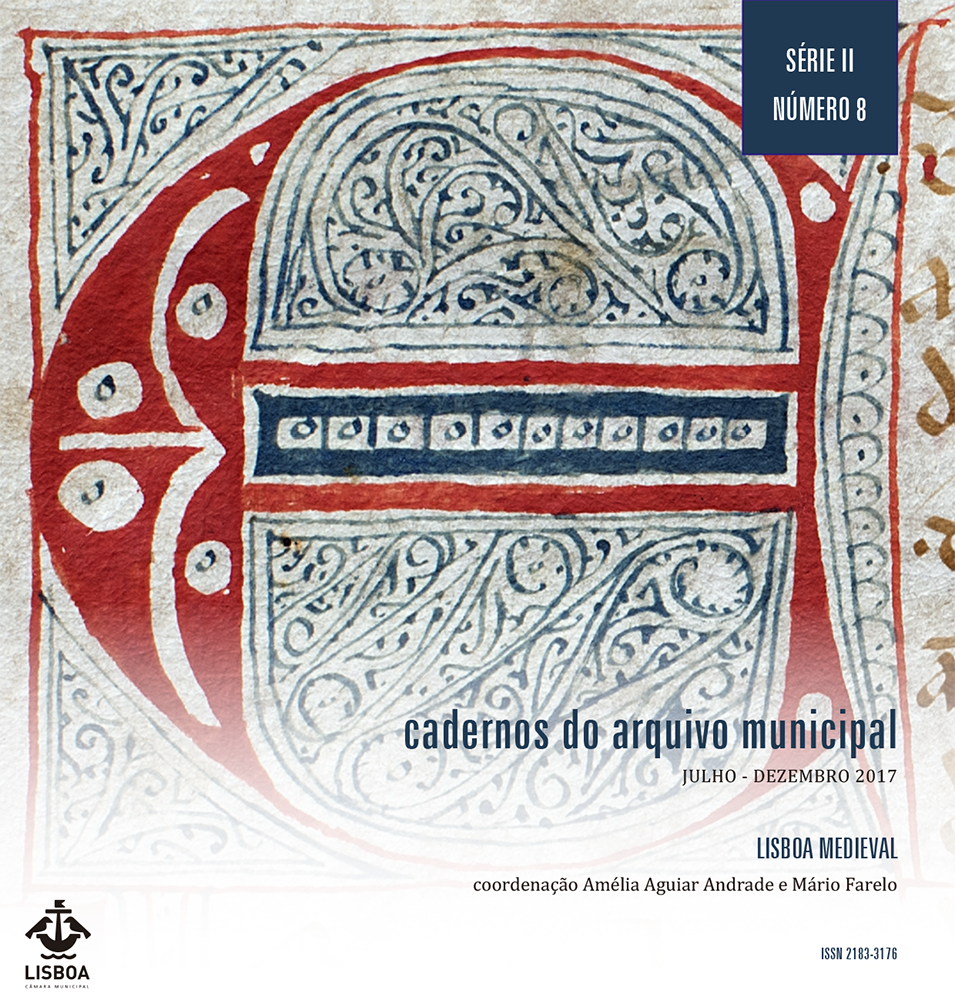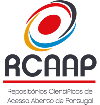Supply and fish consumption: some aspects of daily life in Lisbon of the 14th and 15th centuries
DOI:
https://doi.org/10.48751/CAM-2017-8184Keywords:
Feeding, Fish, Late medieval Lisbon, Livro dos pregos, Livro das posturas antigasAbstract
The big city needs supplies for its survival. This is known by its inhabitants and, above all, by its political leader who are responsible for making decisions on this matter. In Lisbon, planted next to the Tejo in plain sight of the sea, one of the products of its daily life is naturally the fish. Fish of the river and of the sea, and also shellfish, subject to different forms of capture with techniques learned
over generations, assuring nourishment in meat-free days and in all the others, when the lack of money or social status doesn’t suffice to guarantee the access to the desirable foods. In times of abundance and especially in times of shortage, it is fundamental to ensure that the quantity and quality of food arriving at the places of sale are assured. Superintending the conditions of distribution, penalizing abusive practices for public health and hygiene are priorities that mediaeval document sources echo.
Downloads
Downloads
Published
How to Cite
Issue
Section
License
Copyright (c) 2017 Maria Manuela Catarino

This work is licensed under a Creative Commons Attribution-NonCommercial 4.0 International License.
The authors retain copyright and grant the journal the right of first publication, with the work simultaneously licensed under the Creative Commons Attribution License CC BY-NC 4.0 which allows sharing and adapting the text as long as its authorship is correctly attribbuted with recognition of the initial publication in this journal.










